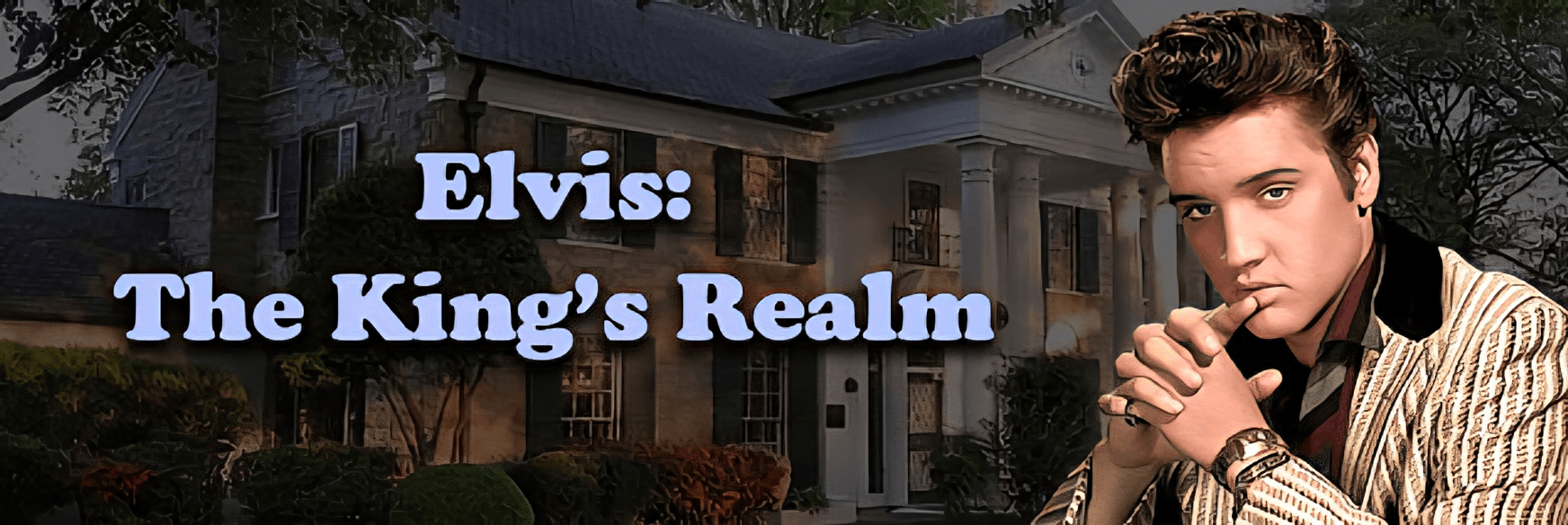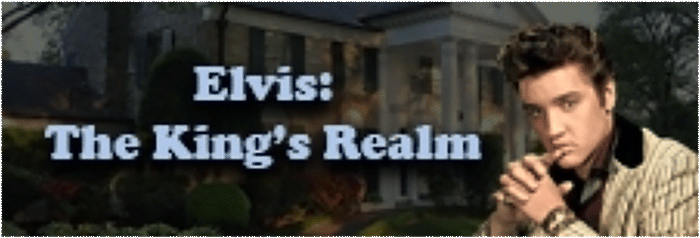Elvis Presley was the original pop star. His success with Sun Records in the 1950s sparked a wave of fan hysteria that would remain unmatched until The Beatles. The lads from Liverpool would go toe-to-toe with ‘The King’ in a number of areas, with genuine fandom being one of them.
The quartet were a powerhouse marketing machine in the early days of their world dominance, and Beatlemania seemed for a while like it would never go away. In some ways, I guess it hasn’t. But while Presley seemed to be quite taken aback by the band’s reception, some would say even a little bit annoyed, the group, George Harrison included, were huge fans.
With singles like ‘That’s Alright, ‘Baby Let’s Play House’ and ‘Good Rockin’ Tonight’, Elvis established himself as a modern musical messiah. His music floated across the globe and cemented him as a worldwide star. Arriving like starlight from the New World into the docks of Liverpool, Elvis became an icon of the 1950s and, therefore, inspired many of the acts who appeared in the following decade. Elvis was called ‘The King’ for a reason. But, as with all musicians, his popularity was finite.
When people think of Elvis, two distinct characters tend to spring to mind. There’s the blue-collar Elvis with his jeans and acoustic guitar. A smirk and a cheeky wink, this Elvis travelled across the world in the form of iconography and has rarely left the cultural landscape since. It was an image of a new age, free from the confines of war and firmly placed in the world of teenage fandom.
And then there’s the besuited ‘Rhinestone Cowboy’ Elvis of the 1970s. This was the man ‘The King’ would become. For many, this showstopping vision of a performer comfortable with his output is the defining role, but for George Harrison, it was a far cry from the Elvis he fell in love with.
The former was responsible for crafting some of the most influential rock ‘n’ roll songs of the 1960s, many of which inspired second-generation rock musicians coming from the UK. The latter character, on the other hand, evokes a sort of grotesque commercialism that fellow musician George Harrison found a little disappointing.
The Beatles guitarist was, like so many of his generation, indebted to Elvis. Discussing Presley’s music in the 1980s, Harrison said: “It had an incredible impact on me just because I’d never heard anything like it. I mean, coming from Liverpool, we didn’t really hear the very early Sun Records. The first record I remember hearing was probably the big hit by the time it got across the Atlantic. It was ‘Heartbreak Hotel’ – ‘Heartburn Motel’ as Elvis called it.”
By the 1970s, Elvis was the proud owner of a substantial fortune, a huge mansion in Beverly Hills and countless industry awards. In 1971, he performed a run of sold-out shows at the Las Vegas International Hotel, where he beat his previous attendance record yet again. But behind the scenes, his health was declining. Before the decade was over, Presley would be dead. “I met him in Madison Square Garden a couple of years before the end,” Harrison recalled during a round table with Paul and Ringo.
The men had met before when, during the 1960s, The Beatles had visited Elvis at his home. To see the two sides of the star seemed to be enough to irk Harrison. “It was a bit sad, really, because he had all those squawking singers and trumpet players and that stuff,” he explained of the show. “But he had a great rhythm section – James Burton and all that gang, and I just wanted to say to him ‘just get your jeans on and get your guitar and do [sings] ‘that’s alright with me mama’ and bugger all that other crap.”
Harrison went on to recall that, during that first meeting, Elvis looked the very antithesis of hippiedom. “When I saw him, I was like a hippie, and I had denim on and all this long hair and stuff. It was in the early ’70s, and I went backstage to meet him, and there was, you know, one of those massive dressing rooms with miles of toilets and stuff”, the image is one of pure excess, something Elvis was more than well known for.
For Harrison, this felt like a gross misrepresentation of what was important in music: “And so I was there talking to the guys again, and he was nowhere to be seen, and then finally he came around the corner and he had that big white outfit on with all the gold things and the big belt buckle […] all of his hair was black and he was tanned and stuff. And he seemed…I thought I was meeting Vishnu or Krishna or somebody, it was just like ‘wow'”.
The truth is, the disappointment Harrison clearly felt wasn’t connected to anything but a sincere love for what Elvis had represented to him and so many others. Harrison was desperate to see the star reject the glitz and glamour to focus back on what made him a star, pure rock ‘n’ roll. “I just wanted to say ‘Oh why don’t you go and do ‘That’s Alright Mama’ and ‘Baby Let’s Play House” and get rid of all those chicks singing [whines] ‘Ooooh I did it my waaay’. It was sad, but he did a couple of good tunes.”


